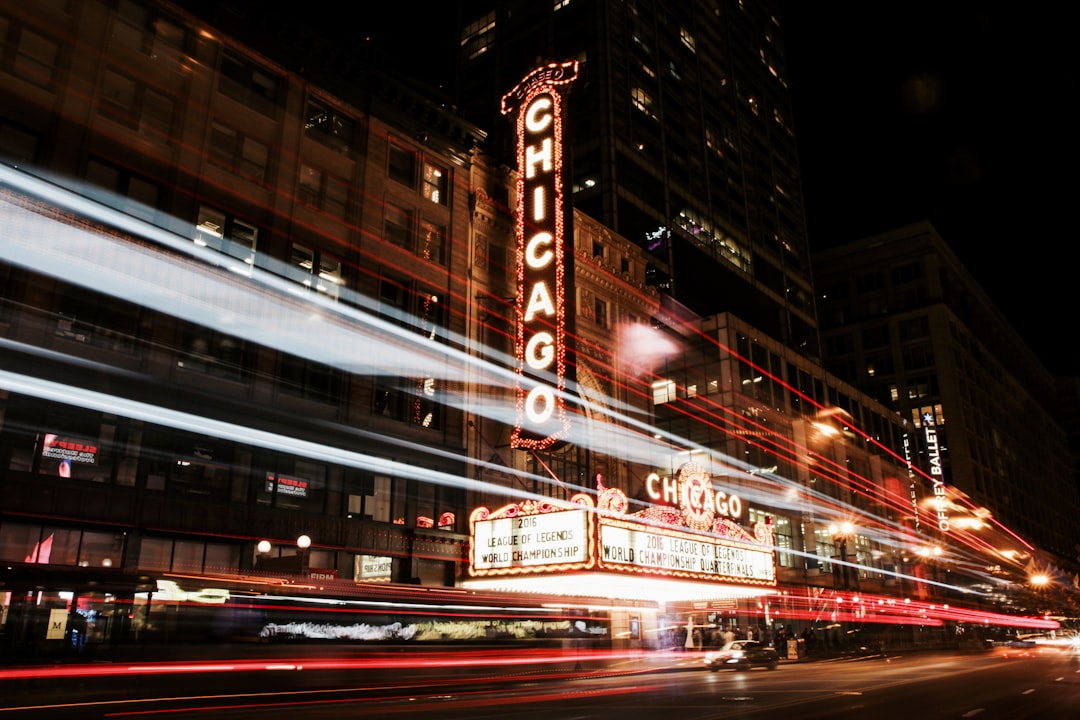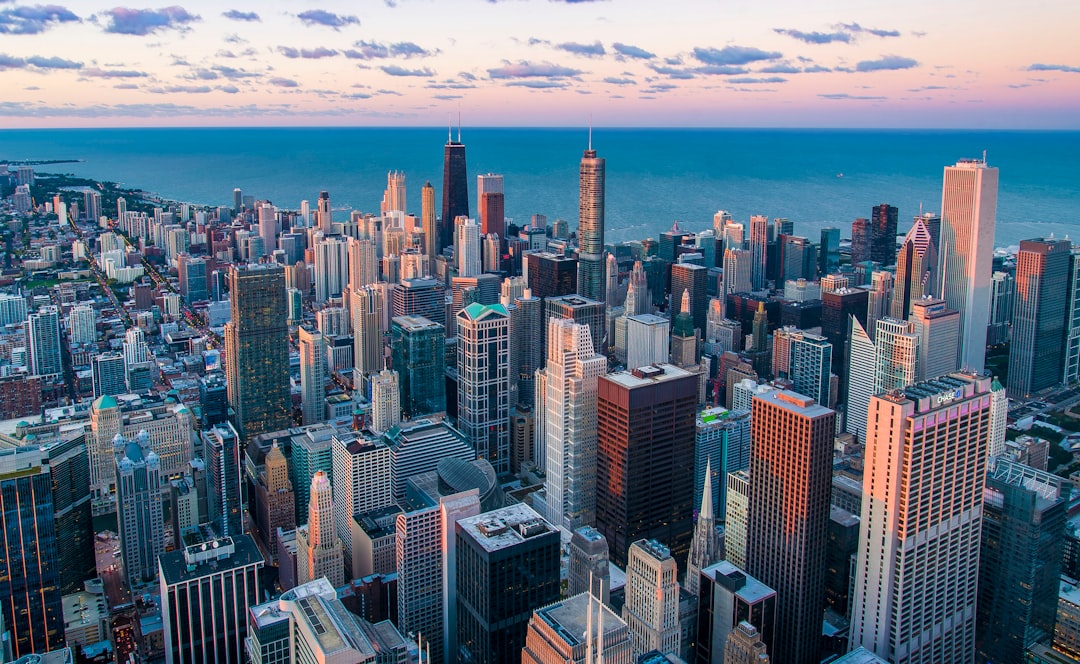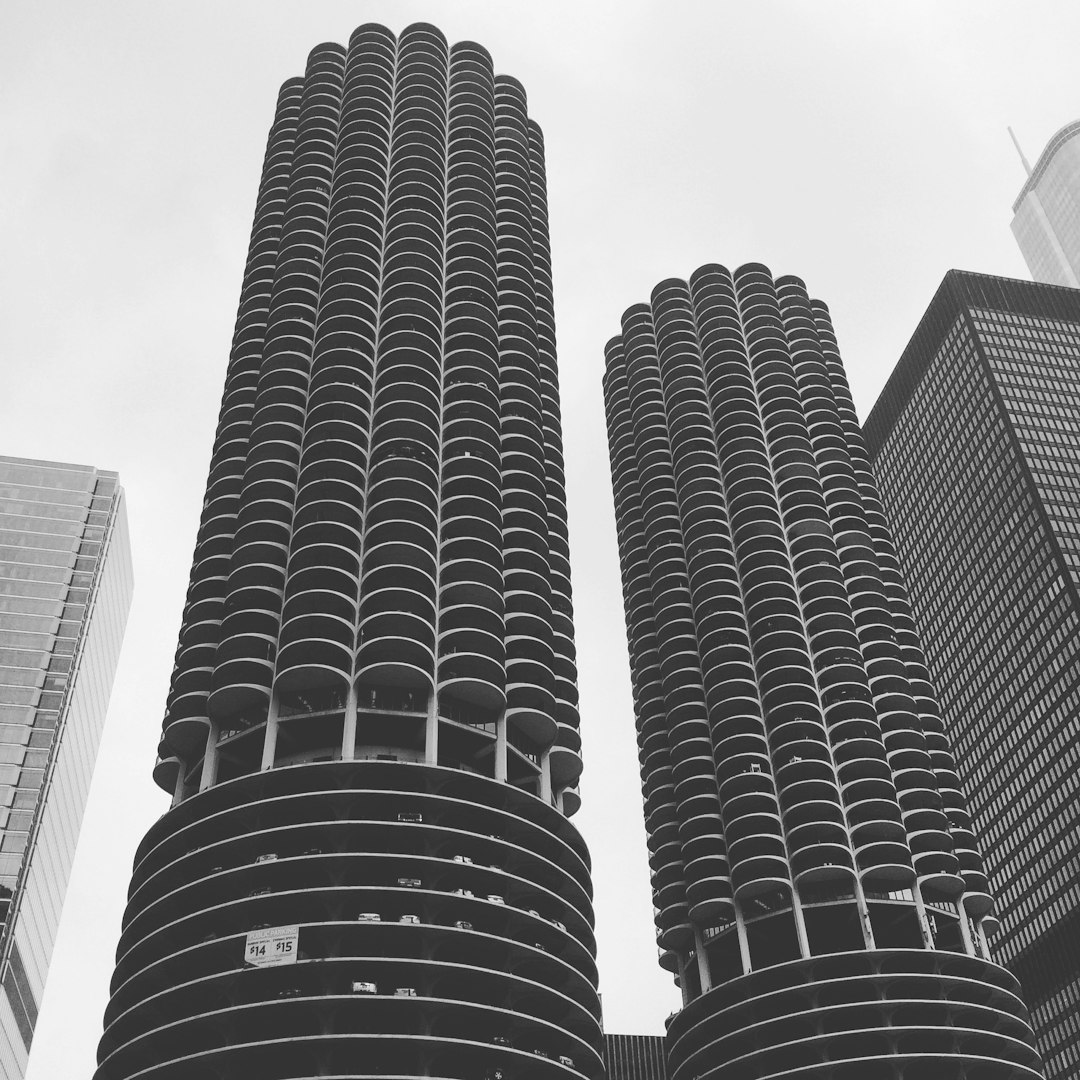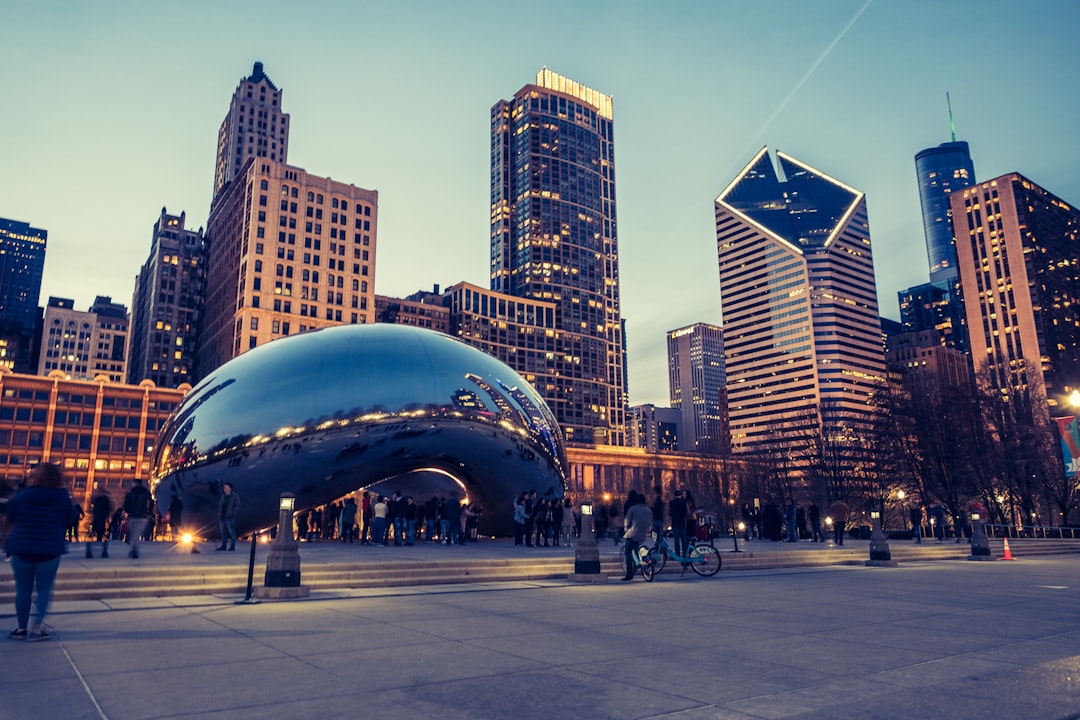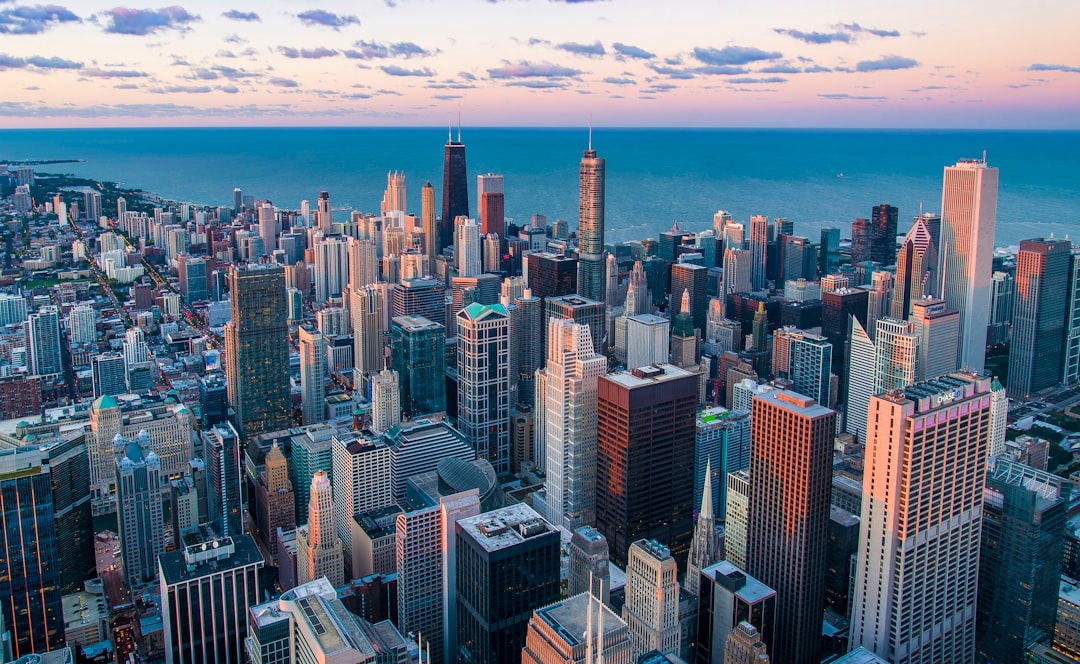In today's digital age, robocalls for marketing are common, but spoofing (hiding caller ID) is a growing problem in Chicago. Scammers use advanced tech to bypass blocking methods and deliver pre-recorded messages with scams or fraudulent offers. Chicago residents can protect themselves by recognizing warning signs like unknown numbers or falsified government info. Strict laws like TCPA and Illinois Communications Act safeguard against these calls, but documentation is key if targeted; report suspected spam/spoofed calls to FTC and state AG's office, consult Spam Call Lawyers Chicago for resolution or litigation options.
In today’s digital age, robocalls have become a nuisance, with many falling into the category of spam. Chicago residents often find themselves on the receiving end of these spoofed calls, raising concerns about privacy and legality. This article delves into the world of robocalls and spoofing techniques, equipping you with knowledge to identify suspicious activity. We explore common characteristics of spam calls, the legal aspects unique to Chicago, and practical steps to take when you suspect a spoofed call. Equip yourself with these tools and connect with Spam Call Lawyers Chicago for expert advice.
Understanding Robocalls and Spoofing Techniques

Robocalls, or automated telephone calls, have become a ubiquitous part of modern communication, often used for marketing purposes. However, some individuals and organizations employ spoofing techniques to deceive recipients. Spoofing involves manipulating caller ID information to display false numbers, making it appear as if the call is coming from a different source. In Chicago, where many residents are attuned to legal protections against spam calls, recognizing these deceptive practices is crucial.
Chicago residents often turn to Spam Call Lawyers for assistance in dealing with relentless robocalls and spoofing incidents. Understanding how spammers use advanced technologies to bypass traditional blocking methods is the first step in combating this issue. By staying informed about evolving spoofing techniques, Chicagoans can better protect themselves from potentially harmful or fraudulent calls, ensuring a safer digital landscape.
Common Characteristics of Spam Calls
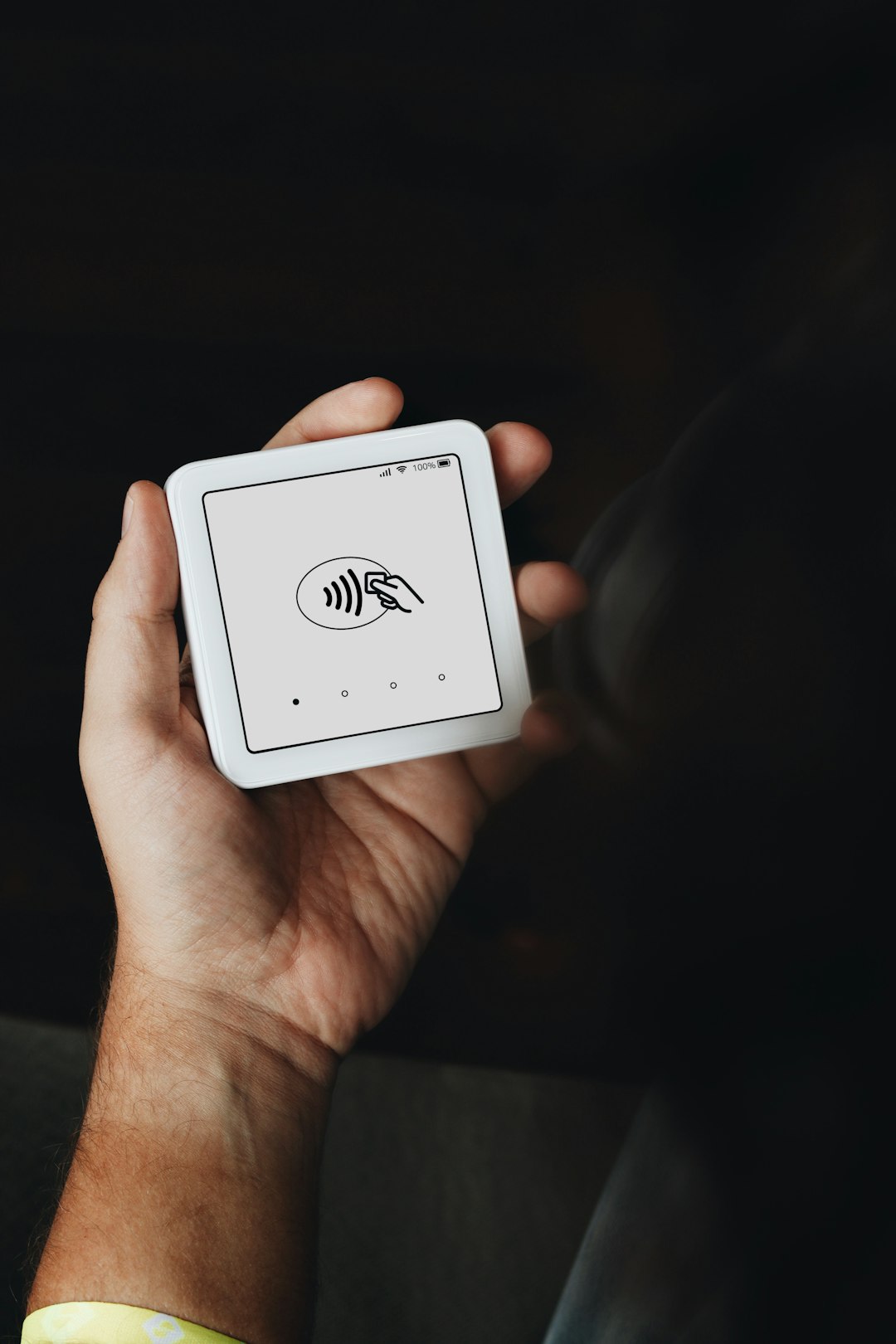
Spoofed robocalls have become a prevalent nuisance in Chicago, with scammers utilizing advanced technology to mask their identities. Recognizing the common characteristics of these spam calls is an essential step in protecting yourself from potential fraud. Often, these calls originate from unknown numbers or are manipulated to display false information, such as pretending to be from local government agencies, banks, or even your own utility companies.
Spam call lawyers Chicago emphasize that these calls typically deliver pre-recorded messages, promoting various scams, from investment schemes to fake prize notifications. The urgency and fear-mongering tactics used in these messages aim to manipulate recipients into providing personal information or clicking on malicious links. By staying vigilant and being aware of these telltale signs, individuals can better defend themselves against the rising tide of spoofed robocalls.
Legal Aspects and Protection in Chicago
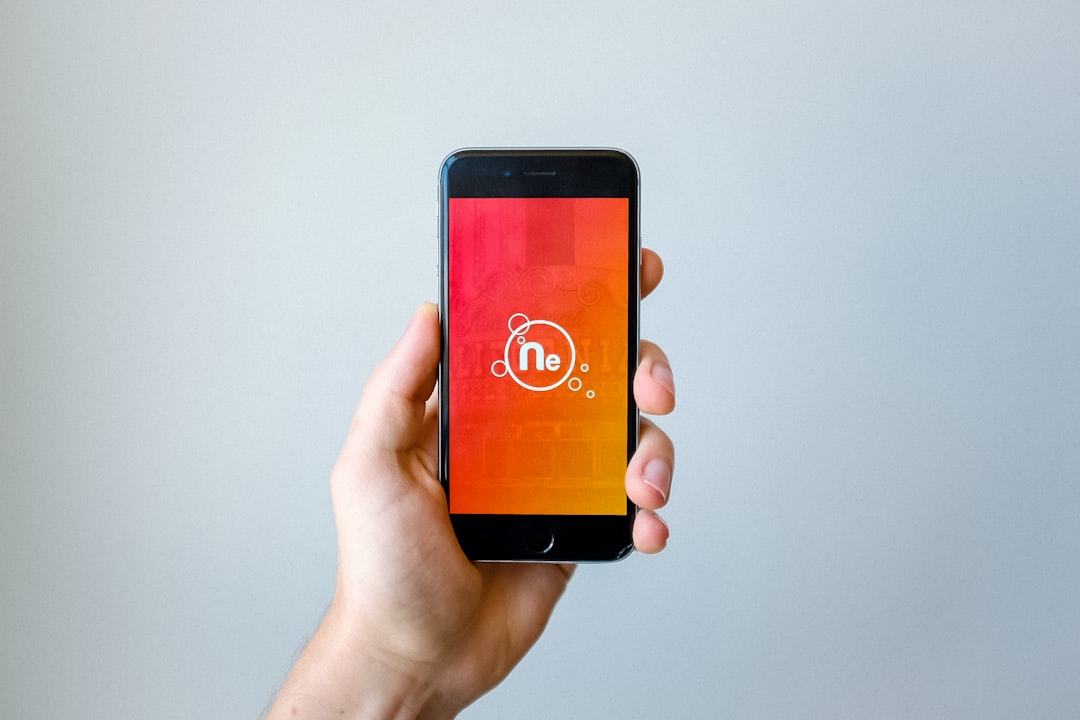
In Chicago, as across the US, there are strict laws in place to protect residents from spoofed robocalls and other forms of unwanted telephone communications. The Telephone Consumer Protection Act (TCPA) prohibits automated or prerecorded calls to cellular phone users without explicit consent. Furthermore, the Illinois Communications Act provides additional safeguards for consumers against deceptive practices, including falsifying call information to mislead recipients about the origin of a call—a common tactic used in spoofed robocalls.
If you’ve been targeted by these fraudulent activities, it’s not just about annoyance; it could indicate involvement from spam call lawyers Chicago or other malicious actors. In such cases, taking action is crucial. Consider documenting each incident, including the caller ID, call content, and timing. This evidence can be invaluable if you decide to file a complaint with relevant authorities or seek legal counsel from experienced spam call lawyers Chicago to explore options for resolution or litigation.
Steps to Take When You Suspect a Spoofed Call
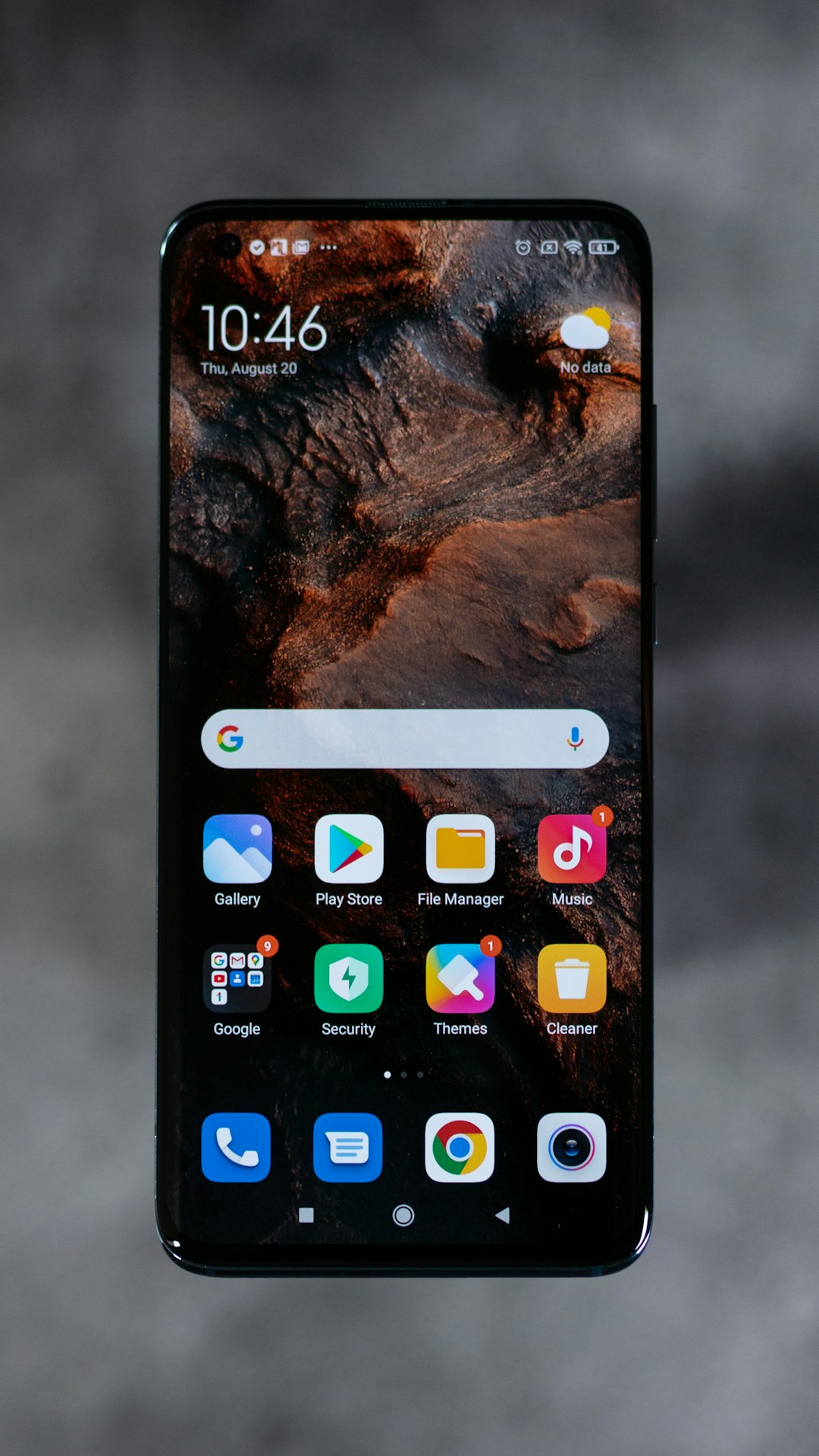
If you suspect a spoofed call in Chicago, there are several steps you can take to protect yourself and potentially find justice. First, don’t engage with the caller; hang up immediately. Many spam calls originate from automated systems designed to gather personal information through your interactions. Second, document the incident. Note down the caller ID, the time of the call, and any specific details about the content of the message or voice. This information can be crucial when reporting the spoofed call or filing a legal claim with Spam Call Lawyers Chicago.
Additionally, report the call to relevant authorities. In Illinois, including Chicago, there are strict laws against deceptive phone calls. You can file a complaint with the Federal Trade Commission (FTC) and your state’s attorney general’s office. Keep records of all your efforts to combat these nuisance calls, as this documentation may be helpful if you decide to pursue legal action or seek compensation from a spam call lawyer in Chicago.
